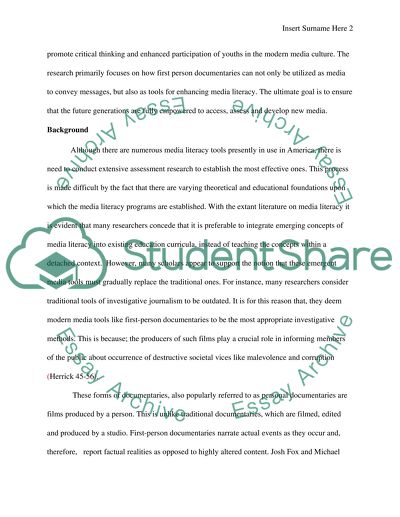Cite this document
(“Improving Media Literacy in Lower Education Research Paper”, n.d.)
Improving Media Literacy in Lower Education Research Paper. Retrieved from https://studentshare.org/journalism-communication/1495469-improving-media-literacy-in-lower-education
Improving Media Literacy in Lower Education Research Paper. Retrieved from https://studentshare.org/journalism-communication/1495469-improving-media-literacy-in-lower-education
(Improving Media Literacy in Lower Education Research Paper)
Improving Media Literacy in Lower Education Research Paper. https://studentshare.org/journalism-communication/1495469-improving-media-literacy-in-lower-education.
Improving Media Literacy in Lower Education Research Paper. https://studentshare.org/journalism-communication/1495469-improving-media-literacy-in-lower-education.
“Improving Media Literacy in Lower Education Research Paper”, n.d. https://studentshare.org/journalism-communication/1495469-improving-media-literacy-in-lower-education.


